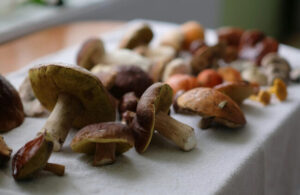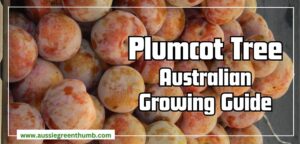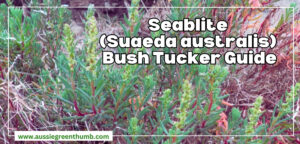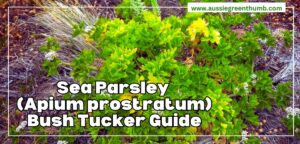We have already featured the Hakea ‘Burrendong Beauty’, the Hakea laurina, Hakea bucculenta and Hakea myrtoides.
Now, we will be featuring four different varieties of Leptospermum, commonly called Tea Tree’s due to the early Australian settlers using some varities of this genus as tea alternatives.
The first variety for April will be Leptospermum spectabile.
More...
Leptospermum spectabile
Genus: Leptospermum
Species: L. spectabile
Family: Myrtaceae
Common Name: Known as Colo River Tea Tree
Flower Colour: Deep Red
Foliage Colour: Dark Green
Growth Habit: Shrub to 2.5m
Flowering: Spring
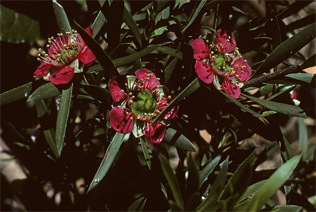
Leptospermum spectabile has to be one of the most stunning varieties of Tea Tree simple because of the contrast between its flowers and leaves. This Leptospermum species has really deep red flowers during Spring, usually closer to the end than the beginning, and these are very striking when compared to the very deep green leaves.
Even if you have other red flowering plants in your garden, Leptospermum spectabile will show through due to the depth of the red colour. Works very well in contract to a light green leaved white flowering native suitable to your area.
More on Growing Colo River Tea Tree
Leptospermum spectabile is endemic to a very small area around the Blue Mountains in NSW near the Colo River. You may even find this species referred to as Leptospermum ‘Colo’ as this is what it was originally called.
It naturally occurs in rocky or sandstone soils but is generally hardy in any good Australian soil. Grows best in a cool to temperate climate, given the climate found in the area it is endemic to and prefers good, well draining soil in a full sun position.
Also due to where it grows naturally, this variety is extremely frost tolerant. There would be very few places in Australia that would get too cold for this variety to survive.
Currently this variety is not highly cultivated, which can make it very difficult to find however this is changing because of the stunning flowers it possesses, making it much more highly sought after.
Other Leptospermum species:
Your best chance at coming across this variety would be at a local native nursery in NSW, particularly around its native Blue Mountain region.
Published on August 26, 2021 by Nathan Schwartz
Last Updated on January 27, 2025
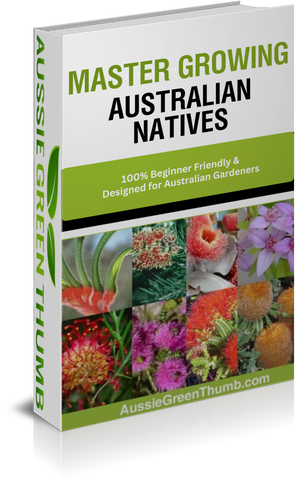

Get Your Free Guide:
Master Growing Australian Natives eBook
A Must Have Complete Guide for Every Australian Garden
Get Your Free Guide:
Master Growing Australian Natives eBook
A Must Have Complete Guide for Every Australian Garden

